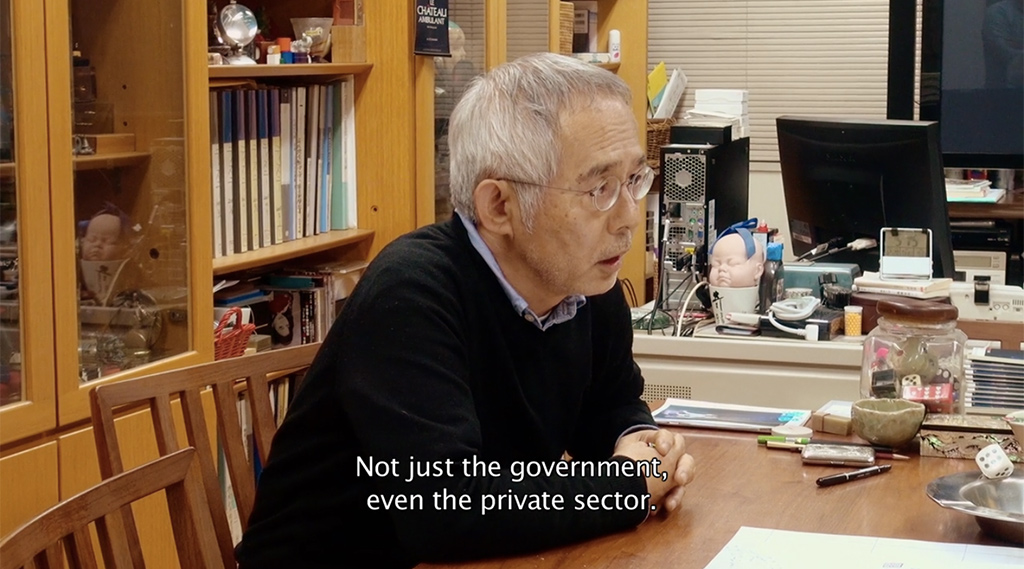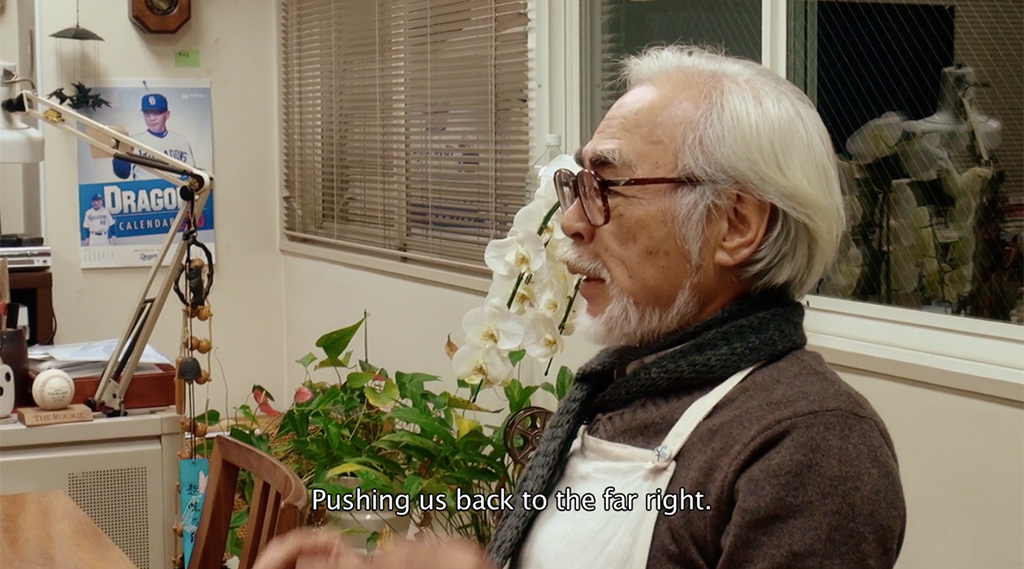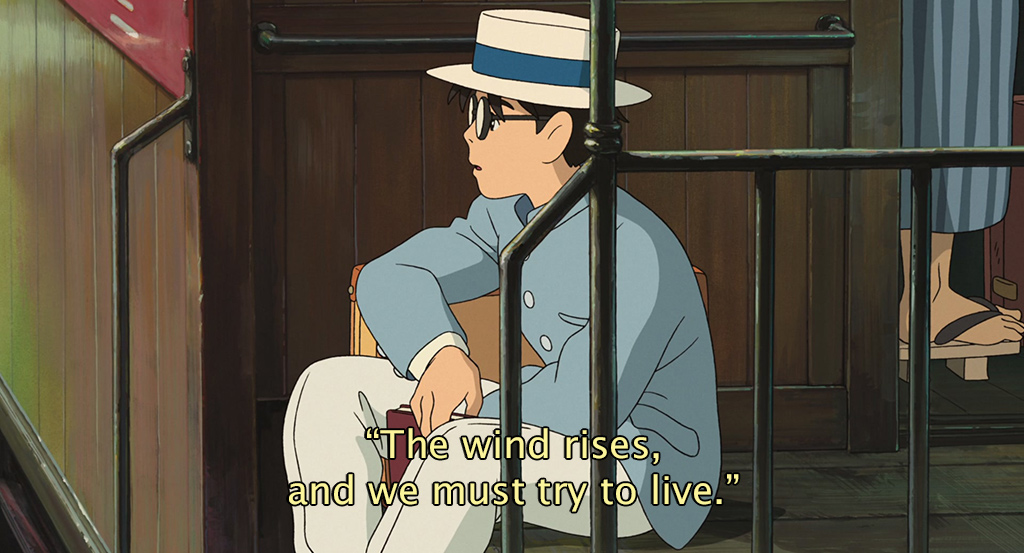“I can’t help but wonder how rich our lives could be if we focused a little more on creating conditions that enable all humans to exercise their creativity as much as we would like robots to be able to.”
Category: Injustice
This is a content warning.
Last year I wrote about an Ars Technica article that appealed to technical experts for help perfecting every last possible system involved in emulating the Super Nintendo. I think it’s clear from that post that I felt a certain envy of the sense of purpose conveyed by its author, byuu, who also went by Near and by Dave. But I remember thinking, too, that their saying “I’m getting older, and I won’t be around forever” was a little surprising to read from someone deeply invested in a video game system from the 1990s. I’m getting older too, but not quite to the point of hurrying to put a capstone on my legacy yet.
Near was indeed not much older than me, but they meant what they said. This week, after years of organized and escalating cruelty directed at them and at their loved ones, they took their own life.
The purpose of a system is what it does. The purpose of the internet is in part to publish and distribute a unique and valuable life’s work. The purpose of the internet is also, in part, to torture people until they die. Sometimes it works.
Everybody I talked to in the course of reporting this story said some variation on “I hope Isabel is okay.” And she is. Sort of. In the months I’ve spent emailing Isabel Fall, she’s revealed herself to be witty and thoughtful and sardonic and wounded and angry and maybe a little paranoid. But who wouldn’t be all of those things? Yet I’m emailing with a ghost who exists only in this one email chain. The person who might have been Isabel has given up on actually building a life and career as Isabel Fall. And that is a kind of death.
Emily VanDerWerff, whose writing I have long enjoyed, has a piece of extraordinary nuance, precision and grace there. I’m grateful that Kat nudged me to read it. If you haven’t read it already, I would take it as a personal favor if you do.
I would assume that if you are reading this you don’t need to be told that BMI is a garbage metric
But longtime nfd favorite Emily Nagoski comes out swinging with the data in a way that makes for straightforward citation.
Late last summer,
I watched Kingdom of Dreams and Madness, a documentary about Studio Ghibli. It was filmed there in 2012 and 2013 while Hayao Miyazaki made his final feature film, and it had an extraordinary impact on me.


I haven’t stopped thinking about the documentary, or about that specific exchange, ever since. Tonight I finally watched the feature film itself.

It is difficult to find sources of comfort right now
And indeed I think it is best not to be comfortable, no matter how much I want to. But there are still sources of strength.
By now all this is past the point of relevance
But it needs to get written down anyway. On Saturday morning, September 7th, I woke up feeling grumpy about the way nerds had treated my friend Elizabeth and made the following series of ill-advised tweets.
So @twoscooters and I were both widely cited for being upset with Penny Arcade. She’s since received thousands of rape and death threats.
— bananabread (@BrendanAdkins) September 7, 2013
I haven’t seen a single negative tweet or email. No threats, no hate, not even an attempt to argue. Not one.
— bananabread (@BrendanAdkins) September 7, 2013
Now go ahead. Tell me again why women on the Internet need thicker skin.
— bananabread (@BrendanAdkins) September 7, 2013
If you see the numbers under those widgets you can see that they became the most far-reaching things I have ever written. I did not plan for that. They were tossed off, poorly thought out, and not particularly intended to stand in the record. This took a while to dawn on me, and when it did, I considered deleting them. I chose not to mostly because it wouldn’t undo anything, and because I should be held to account for my words.
I failed as an ally and a writer in several ways by writing what I did. The most significant and glaring is that I didn’t ask Elizabeth before posting them. That’s enormous. She and I had talked privately about the abuse she was getting, so it was on my mind, and I am so used to violent misogyny being directed at women who point out flaws in popular culture that I failed to consider her public stance about it. But even if she had discussed the hate more openly, I still should have asked. At the very least I should have reconsidered using her twitter handle, which made it even easier for a new wave of garbage to find her.
Also, as several people have pointed out, those three tweets are not exactly an iron syllogism. Elizabeth wrote a strongly worded post taking a strong stance against PAX; all I did was briefly express disappointment. I still think someone with a feminine name and icon would have received more abuse than I did for that tweet, but I certainly am not doing the kind of work Elizabeth does, and should not have tried to accord myself her stature.
There are other things about my phrasing with which one might well take issue, but those two are the most basic and important: I didn’t show my friend the respect she deserves. I can’t undo that, but the least I can do is point out for other people who want to be allies where I went wrong. I hope this helps someone else avoid a similar mistake in the future, especially if that someone is me.
As for the original matter of the controversy, I’ve been wrestling with it, but the simplest way to put it is that I take a version of Elizabeth’s view. I’m not going to PAX in 2014, I’m definitely not volunteering there, and I won’t be back unless and until they demonstrate change from the top down. It won’t be enough for PAX to come up to the standard of games conventions; from here on they’ll have to be twice as good as everyone else to make me consider attending.
I have dear friends in and around the Penny Arcade organization, many of whom work tirelessly to create safe space, and I’m not going to spurn you or your work for being involved with PAX. But I will say that attending any conference without a clear, detailed, rigorously enforced harassment policy is a bad idea. PAX rose to that standard in 2012, but when internal pressure from the volunteer corps relented this year, they failed again. That alone is a valid reason to stay away.
Some people can’t do that. PAX is a big part of how money works in games, and if the choice is between taking a stance and making your rent this year, I don’t have the moral authority to stand in judgment. I hope you’ve got other avenues for promotion too, though. I won’t see you there.
Friendships With Women
Last September (oh dear) I said this on twitter:
The most rewarding and important thing you can do in this life is to seek out, cultivate, and invest yourself in friendships with women.
I phrased that as a prescription, because I wanted to see how people would take to it, and also I’m kind of a dick. It was actually a description that felt intuitively true. I tried to explain myself a few times, and failed, and then let it go quiet, but I haven’t stopped thinking about it. I still stand by my statement; here is the best I can do to unpack it.
The structural integrity of the system in which I live depends on men reducing women to their perceived sexual value and women being set against each other to diffuse their strength against inequity. This is awful.
If you are a man, the friendships you build with women will break parts of this structure, and put something new and better in their place. If you are a woman, I believe the friendships you build with other women will help restore the power that is yours by right and birth. If you occupy a place elsewhere in gender, I suspect you will find both of the above are true.
I am speaking from my lived experience, about the things I’ve seen through the women I know. Those are far from the only things friendship offers, and this isn’t really meant to be a generalization to the set of all people, not least because I have never been a woman. What I know about the power of female friendship is the way I grew up: watching my mother build a community of support and affection with the women in her church and school, who together accomplished remarkable things. I’ve tried to replicate that at every stage in my life.
Here’s the selfish part: the women I know are amazing, and have made my life amazing through their wit, kindness, generosity and patience. When I’ve invested in those friendships, they have yielded incredible and unexpected rewards in the real world, beyond the mere fact of my improvement as a person.
I owe myself to Monica Willett, Karie Miller, Leigh-Anna Donithan Roman, Maria Barnes, Amanda Brasfield, Lisa Brown, Emily Anderson, Leonor Linares, Sumana Harihareswara, Holly Gramazio, Erika Moen, Zoe Trope, Alison Hanold, Elizabeth Sampat, Anne Bradley, and more I know I am forgetting. Look for the women who will be to you what they have been and are to me. You cannot anticipate what your life will become.
Wrong on the Internet
A year ago I wrote about zero tolerance, intolerance and Antjuanece Brown, the Portland teenager who was thrown in jail and labeled a felon for texting with her girlfriend. Antjuanece is out now and things seem to be better for her and Jolene; I hope they are.
Not much has changed, though: the last week saw California and Washington come dramatically closer to marriage equality even as Oregon still lags behind. In the same week, Canadian Safety Minister Vic Toews announced that anyone opposing an Internet surveillance bill there was “siding with child pornographers.” Easy targets remain easy targets.
That’s why there’s so much value in the work my friend Ben is doing at his blog Wrong on the Internet, and particularly in his latest entry:
“This is hard to deal with. I want to have the luxury of dehumanizing pedophiles and other rapists. I would like to pretend that I would never be like that, never do something like that. But I can’t. That informs a lot of my writing here.”
It’s difficult to read, a fact that has nothing to do with Ben’s considerable writing skill. At a certain point the mind flops down and demands that some things must be absolute, that you must be able to point at some set of Others and declare those are the bad guys. We’re wired for that behavior, deep in our instincts. The cognitive battle to remember the contrary is exhausting, and it never ends.
I’m not arguing for total moral relativity here: I’m arguing for vigilance, because the kind of dehumanization in which we regularly engage is a dangerous exploit for our brains. It’s one thing to say that some people do evil. But to strip the humanity from evildoers is to remove the horrible weight and substance of their acts. What if you were a survivor? What choices would you make if your survival had damaged you? “The answers are out there,” the man said, “but they will not improve your self-esteem.”
Arizonans

I stole this juxtaposition from Racialicious.
“Being aggressive about fighting crime, that sounds like a good thing.”
When you tell people you’re passing laws to fight child sexual abuse and child pornography, or when you announce that you’re cracking down on sex offenders who are prowling in your neighborhoods, you are picking low-hanging fruit. There is no union for sex offenders. Even the ACLU is leery of going to bat for edge cases of depictions of child sex. So you can get away with a lot by announcing that if we put this in place, there will be no more coddling of these dangerous predators.
Last November the people of Oregon passed Ballot Measure 73, a law enforcing mandatory-minimum sentencing for people committed of displaying a sexually explicit image of a minor. The second offense gets you 25 years, with no allowance for a judge’s opinion in sentencing. I voted against it even before I knew about the story I’m about to tell you, because I have a problem with zero-tolerance policy. It doesn’t permit tolerance.
There are these two kids from Washington County, in the Portland metro area, named Antjuanece Brown and Jolene Jenkins. Brown is 20, Jenkins is 17, and they met about a year ago. They fell in love. They had the misfortune to do so while on the bottom rung of every social ladder: female, gay, black, working-class and, crucially, young.
Naturally it was in the best interests of the citizens of Oregon to throw one of them in jail.
“On Oct. 12, Tigard police arrested Brown on suspicion of creating child porn, for ‘knowingly subjecting’ Jenkins to sexual intercourse and for ‘luring a minor’ by ‘arousing and satisfying’ Jenkins’ ‘sexual desires.’ The evidence? Provocative photos of Jenkins and someone police identified as Brown, plus an exchange of suggestive text messages.
Washington County’s prosecutor blocked release of the evidence. Therefore, it’s not possible to say with precision what the cell phone images show. Jenkins and Brown say they both agreed to the photos. Jenkins called them ‘silly things that all teenagers do.’“
That’s from the Willamette Week cover story “Sext Crimes,” which is how I learned about all this. The pictures weren’t sold or distributed; they were on Jenkins’s cell phone, which her mother turned in to the police. (She hadn’t minded when Jolene dated older boys.) I knew this kind of panic over sexting was a problem in a lot of places, thanks to a combination of clear-eyed legal discussion on the topic by the EFF and hyperbolic, hyperventilating stories published in news media. But the WW article was the sharpest and most personal I’d seen.
Because she didn’t want to risk becoming a registered sex offender, Brown pled guilty to a lesser charge, with a fine and three years’ probation, that still made her a felon. Her family didn’t have the money for bail, so she spent a month behind bars before trial, and she still owes thousands of dollars in court fees. She lost her job and her future career is wrecked. She’s forbidden to have contact with Jenkins until she turns 18.
Most of the time I’m proud of my government in Oregon; I’ve been grateful to see Ron Wyden and Jeff Merkley actually vote the way I want in the Senate, and I’m even a fan of mayor Sam Adams, tarnish aside. But I hope Lew Frederick and Chip Shields, my state congressmen, read the letters I’m sending them, because this is unconscionable. Whose life is better for the prosecution of Antjuanece Brown?
I got in touch with Jolene Jenkins through Antjuanece Brown’s lawyer when the Willamette posted her email in a follow-up blurb to the news story. Jolene in turn pointed me to the site she’s created to support Antjuanece and raise the money to pay off her fine and legal fees. I gave what I could because Jolene is doing a good thing there. She used to want to grow up to be a lawyer, though seeing what the legal system did to her girlfriend is making her reconsider. I think that’s a shame.
I hope Jolene does pursue a legal career, and that Antjuanece gets to do social work like she’s wanted to. I hope Jolene and Antjuanece have a happy reunion in July, even if their relationship doesn’t last forever. I mean, why should it? They’re young. They should be allowed to try things, to make mistakes.
Except those photos weren’t a mistake. They were an expression of love between two innocent people. The mistake was that people who had no business seeing them did so, and that Washington County DA Bob Hermann exploited them to screw up somebody’s life so that he could ge re-elected for being Tough On Crime.
The mistake was his, and when we pick low-hanging fruit without considering the consequences, the mistake is ours.